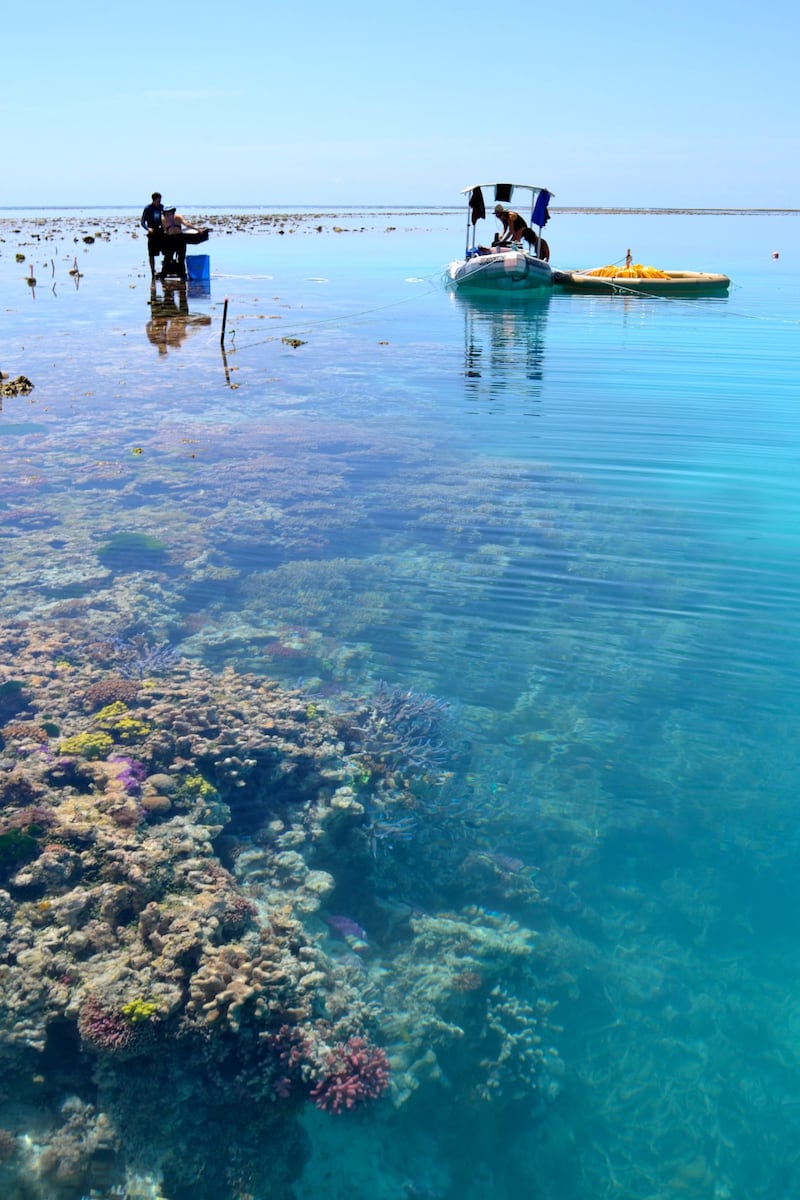Coral reef growth could be severely stunted by the end of the century if greenhouse gas emissions continue unchecked, research has shown.
In the first study of its kind, scientists altered seawater around a small island on Australia’s Great Barrier Reef to mimic the fall-out from excess carbon.
Effectively the corals surrounding One Tree Island were given heartburn as their environment became more acidic.

The results showed what was likely to happen to coral reefs in 100 years’ time if urgent action is not taken to curb carbon dioxide emissions.
Net calcification in the acidified reef was reduced by 34%, which was potentially enough to put the ecosystem at significant risk.
Dr Rebecca Albright, from the California Academy of Sciences, said: “Our findings provide strong evidence that ocean acidification caused by carbon dioxide emissions will severely slow coral reef growth in the future unless we make steep and rapid reductions in greenhouse gas emissions.”
Atmospheric carbon dioxide absorbed by seawater triggers a chemical reaction that produces carbonic acid.
As the acid level rises, corals, shellfish and crustaceans find it more difficult to build their exoskeletons from layers of calcium carbonate.
Sounding a stark warning in the journal Nature, the scientists wrote: “Given the recent acceleration in global reef decline from acute impacts such as mass bleaching, acidification-induced reductions in reef growth and population replenishment will severely compromise coral reef recovery and could threaten their survival.
“Reef declines may have a wide range of possible effects on coastal human communities including reduced food, income and wellbeing, as well as longer term effects such as increased vulnerability as coral reefs become less able to protect coastal areas from storms and waves.”








